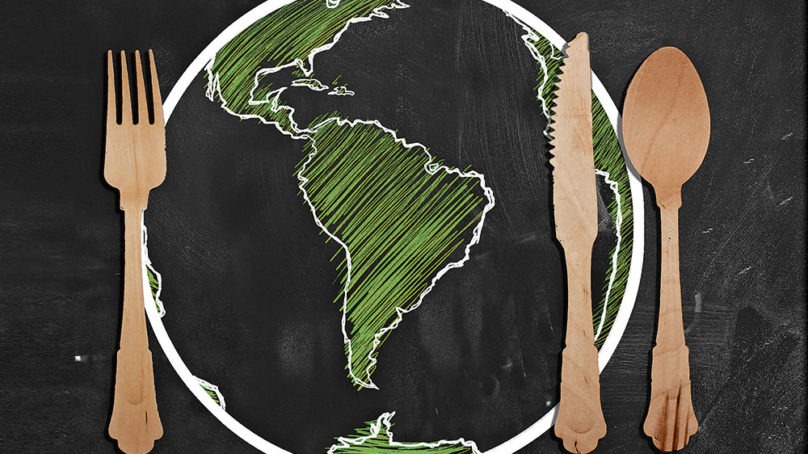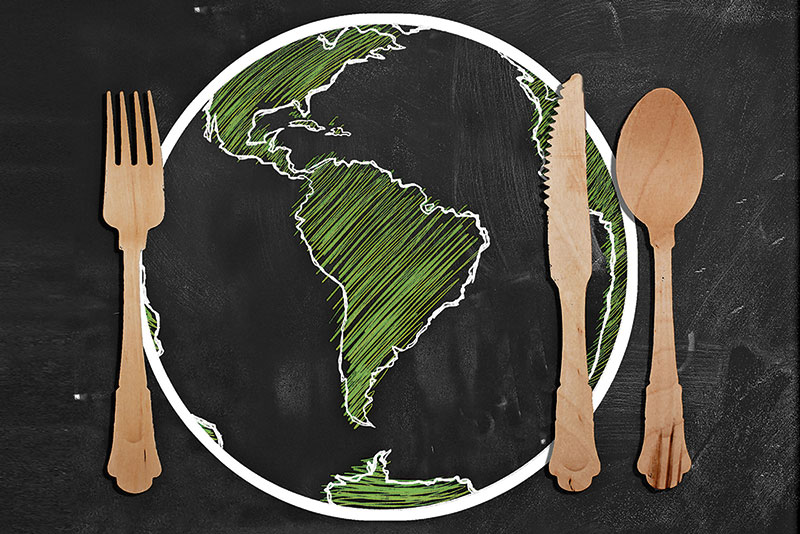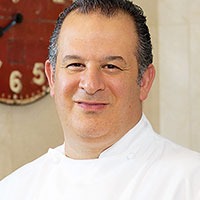With vacation season in full swing, National Geographic recently earmarked Lebanon as a must-visit destination for the summer of 2018, not for its landmarks and sites, but rather the food. HN spoke to the stakeholders who were involved in achieving this success for the nation, which was the only Middle Eastern country to land a coveted spot on the network’s prestigious list
The Lebanese government is pursuing its first gastrodiplomatic initiative under the banner Tasty Lebanon, as part of its efforts to raise national brand awareness, encourage tourism and increase economic investment and trade through exports of local products to new foreign markets. The project was launched during the Lebanese Diaspora Energy Summit of 2018, in the presence of the ministries involved and parties that signed a letter of intent in that regard.
Rasha El Haddad, diplomat at the Lebanese Ministry of Foreign Affairs and Emigrants, who is overseeing the project, has prepared a work-plan and created a national committee composed of representatives from the Ministries of Tourism, Culture, Industry, Agriculture, Economy and Trade, and the Syndicate of Owners of Restaurants, Cafés, Night-Clubs & Pastries, the Association of Lebanese Industrialists, and the Syndicate of Lebanese Food Industrialists.
What was behind the decision to include these entities and who else will be involved?
To make this private-public initiative work, we needed to involve every party concerned or risk failure. We took the emotional aspect of food and recognized how tightly interlinked it is with place and time. We then invested in that special connection, thereby indirectly promoting gastronomic tourism. Furthermore, the backing we have from all our embassies strengthens this cause and ensures our message is clearly and accurately communicated. We are also relying on the private sector to better understand how to overcome the numerous challenges faced. Most important are our chefs, Lebanon’s brand ambassadors, without whom none of this would have been possible to begin with.
Can you tell us about some of the other strategies in the pipeline?
We are working toward accrediting international Lebanese restaurants with a badge of authenticity to help diners identify these as genuine establishments. The emblem awarded will be based on criteria created by the Lebanese chefs and the Syndicate of Owners of Restaurants, Cafés, Night-Clubs & Pastries to ensure all parties concerned are in total agreement. Another idea we are contemplating is setting up an exchange program between our existing culinary schools and those abroad. This will ensure that the visiting chefs gain valuable insight into the ingredients used to discover what sets these products apart from others found abroad. A third initiative is Lebanese Food Week, to be held in all the countries in which we have embassies. This will include a food market where visitors get to procure authentic products, which will go a long way in re-educating all parties concerned. That is the main idea behind the entire initiative. In line with that, I am finalizing a booklet written specifically for our embassies, outlining the implementation of gastrodiplomatic events. We are creating another booklet for the general public that will be made available through our embassies, containing a list of restaurants endorsed by the Lebanese government. If we maintain this momentum, not only will more restaurants open abroad, but our chefs will finally be awarded the recognition they truly deserve and, by reciprocity, Lebanon.























